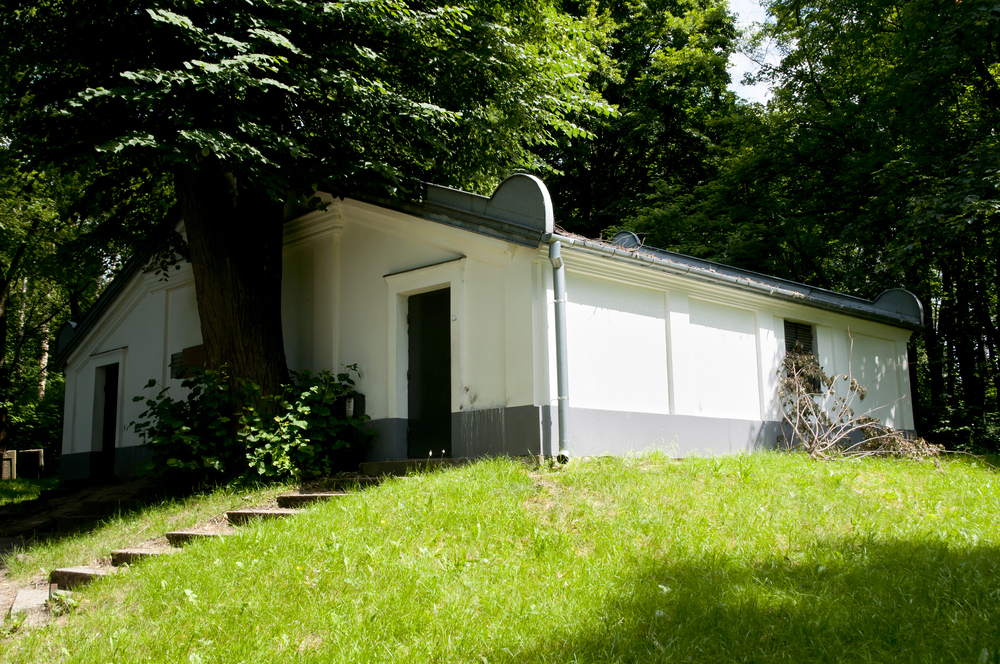
His Power, Our Teshuvah
The Maharsh of Belz once said, “Whatever teshuvah a Jew did in the past and whatever teshuvah a Jew does today and whatever teshuvah any Jew will do in the future all came about through the power of the Rebbe Reb Elimelech, zy”a.”
Shelosh Esrei Oros, Lizhensk
His Holy Tzion
Rav Mendel Rimanover used to say that it is a well-known segulah for teshuvah to visit the tzion (grave site) of the holy Rebbe Elimelech of Lizhensk.
Eser Tzachtzachos
Through the Tzaddik
The primary awakening that pushes a person to repent comes through the Tzaddik.
Noam Elimelech, Yisro
When the Tzaddik finds within himself even a small speck of sin and rebukes himself in front of others, finding fault with himself and bemoaning his lack in serving Hashem properly, then the hearts of those who hear the Tzaddik’s self-rebuke are also roused to do teshuvah. The Tzaddik elevates them to a higher level of sanctity, just as he elevates all of Klal Yisrael higher and higher.
Likutei Shoshanah
Proper Teshuvah
When you find yourself alone, you should pace back and forth and roam through the four corners of your home while you contemplate how you sinned against Hashem, the King of kings. Cry a river of tears over your misdeeds with sincere remorse. Accept upon yourself never to repeat the same mistakes. Do this on a daily basis, and surely Hashem will forgive your sins.
Noam Elimelech, Mishpatim
Your Personal Exodus
When you repent your sins, you are released from the bondage of the klippos (the husks and shells of impurity). This is your redemption, your personal exodus from Egypt.
Noam Elimelech, Bamidbar
Rebbe Elimelech’s Teshuvah
The Rebbe Reb Elimelech said that when he repented and examined his deeds, he went so far back that he even did teshuvah for causing his mother pain as a nursing infant. Some said that he afflicted himself so harshly that he burned his hands by casting them into candles and flaming furnaces to repent for his misdeeds in infancy!
Divrei Chaim, Ki Savo
Rav Klonymous Kalman Epstein of Krakow relates something similar in his sefer Ma’or VaShemesh about Rebbe Elimelech’s teshuvah. He writes that he heard from the Rebbe Reb Elimelech that he went so far back in examining his misdeeds that he even did teshuvah for causing his mother pain when she was expecting.
Ma’or VaShemesh, Masei
How Can a Jewish Soul Possibly Sin?
The Divrei Chaim of Tzanz related that his Rebbe and mentor, Rav Naftali of Ropshitz, a disciple of the Rebbe Reb Elimelech, taught in his master’s name that when you do teshuvah, it must be a complete teshuvah. What does that mean? When you repent, you must go back, examining all of your misdeeds, and repent even over the first sin you ever did in your entire life.
In this vein, we can understand the Zohar’s explanation (Vayikra 13b) of the verse “Nefesh ki secheta… — If a soul shall sin…” (Vayikra 4:2). The Zohar reads this verse as if the Torah is asking a question: “Nefesh ki secheta?!” How could a Jewish soul possibly sin in the first place? The answer is simple. Sin is a chain reaction. Our Sages taught that sin drags after it more sin — “aveirah goreres aveirah” (Avos 4:2). Otherwise, how is it possible that a Jew could commit grave sins? It is because initially he must have done some lesser, lighter misdeed that eventually led him to sin more grievously.
It follows that each sin a person does is an outgrowth of the very first sin that he ever did, which was surely an unintentional mistake that snowballed until the sinner reached his current state. That is why he must examine his misdeeds as far back as the first sin he ever committed.
Divrei Chaim, Shabbos Teshuvah
Shabbos: the Root of Teshuvah
The Chozeh of Lublin taught in the name of his master and Rebbe, the Rebbe Reb Elimelech of Lizhensk, that Shabbos is the source of all repentance. This is because the name Shabbos has the root word shav, “repent and return” — in other words, Shabbos is the time to do teshuvah!
Divrei Emes, Mattos
His Holy Shabbos
Rav Shlomo Bobover once related that one of the Tzaddikim met an old Jewish woman who had served as a maidservant in the home of the Rebbe Reb Meilech in her youth. She recounted how every Friday after chatzos (midday), the holy Tzaddik would enter the kitchen, where the maidservants and cooks were preparing for Shabbos, place his hand on the mezuzah, and declare, “The holy Shabbos is coming! We must prepare ourselves and think thoughts of teshuvah.”
The old woman added that at that moment, as soon as the Rebbe Reb Meilech said those words, “all of us, the cooks and maids, were roused by such an awakening, and we were filled with such feelings of repentance and remorse, that we all began weeping and begging each other for forgiveness, as one customarily does on erev Yom Kippur before Kol Nidrei.”
Noam Shabbos, Bobov
